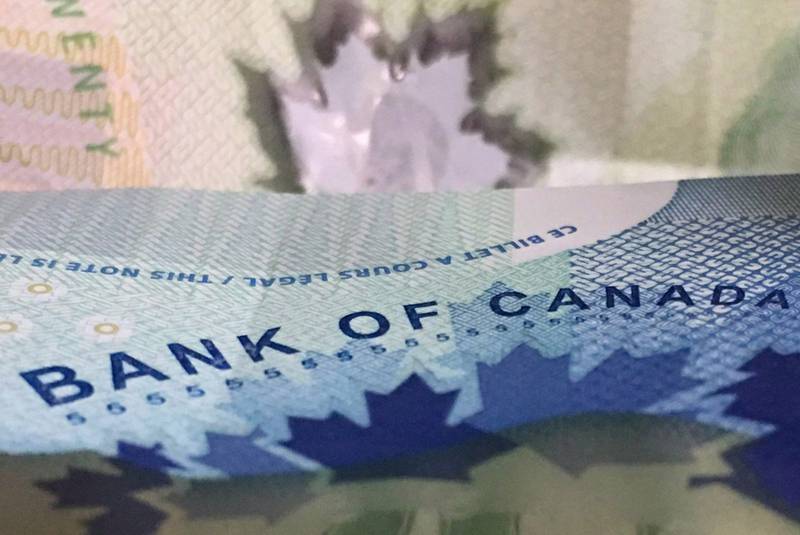How long can interest rates stay low once a vaccine arrives? |
|
|
|
|
| Shortly after the news broke on Monday that the U.S. drugmaker Pfizer had a COVID-19 vaccine breakthrough that appeared 90 per cent effective, the Dow Jones industrial average soared more than 1,500 points, a rise of more than four per cent. The Toronto market also took off. But the euphoria was not universal, writes CBC’s Don Pittis. While airlines soared and cruise lines sailed, companies like Zoom that have profited from the restrictions — in anticipation that work from home would continue for years — were battered by the news.
According to Pittis, there is another group for whom good news is often bad news: borrowers. As Canadian mortgage holders and prospective home buyers will have noticed over the past decade, bad news has been good for interest rates, and good news has the opposite effect. Central bankers around the world, including Bank of Canada governor Tiff Macklem, have cut rates to what the U.S. Federal Reserve calls the „effective lower bound” — in other words, as close to zero as possible — to help the economy struggle through the COVID-19 crisis and lockdown. But while central bankers may not be thinking about hiking rates, the sudden surge of optimism that the pandemic could be over in the reasonably near future means that borrowers must at least think about the thought that rates will not stay near zero forever. As several financial commentators noted, the burst of market euphoria over the vaccine news may well be overblown. Certainly, the spike when U.S. and Canadian markets opened tailed off after cooler heads prevailed. But the good news that a vaccine seems to be within reach is a timely reminder that bad news, and the historically low interest rates it affords, cannot last forever. |

Tiff Macklem: „Help the economy struggle through the COVID-19 crisis and lockdown”
0



